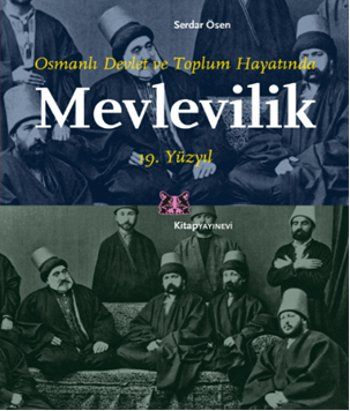
Mevleviism in Ottoman State and Social Life
For the Ottoman Empire, the 19th century was a century in which significant changes took place in the economic, social, political and military fields as well as in the field of religious-mystical life. The banning of Bektashism, especially after the abolition of the Janissary Corps in 1826, was one of the important developments in Sufi life. III, who was on the Ottoman throne in the early 19th century. Selim becoming a Mevlevi follower, II. Mahmud also visited Mevlevi lodges and had good relations with Mevlevi sheikhs, which created a significant advantage for Mevlevi order at the state level. Sheikh Galib III, the sheikh of the Galata Mevlevi Lodge of the period and one of the important names of divan literature. Selim III wrote poems supporting the innovation movements he wanted to put into practice under the name of Nizam-ı Cedit, as well as understanding the importance of the innovations he wanted to implement. The fact that Selim was a Mevlevi follower was also effective. However, it is difficult to say that the same support was given by Konya Mevlana Lodge Sheikh Hacı Mehmed Çelebi. The most important reasons for Hacı Mehmed Çelebi's opposition to Nizam-ı Cedid were the new taxes imposed as well as his distance from Istanbul. Because the Mevlevihane sheikhs had an important position in the eyes of the state officials and society in the provinces where they were located, they became the names that the people turned to from time to time when they were disturbed by the imposition of new taxes or the injustice of the local administrators. In this study, the institutional relations between the Ottoman Empire and the Mevlevi order throughout the 19th century were discussed and the position of Mevlevi order, which became widespread among the state dignitaries especially after the ban of the Bektashi order, was tried to be revealed. In this context, the main topics discussed will be repair and subsistence aid to Mevlevi lodges, foundation exemptions, problems between Mevlevi sheikhs and the state, and the functions of Mevlevi lodges in social life. Serdar Ösen is a faculty member at Karabük University, Faculty of Letters, Department of History. He works on modern history, Ottoman state and social life.
(From the Promotional Bulletin)
Number of Pages: 426
Year of Print: 2015
Language: Turkish
Publisher: Kitap Publishing House
First Printing Year: 2015
Language: Turkish
| Publisher | : | Book Publishing House |
| Number of pages | : | 426 |
| Publication Year | : | 2015 |
| ISBN | : | 9786051051499 |
| The heart | : | Turkish |


